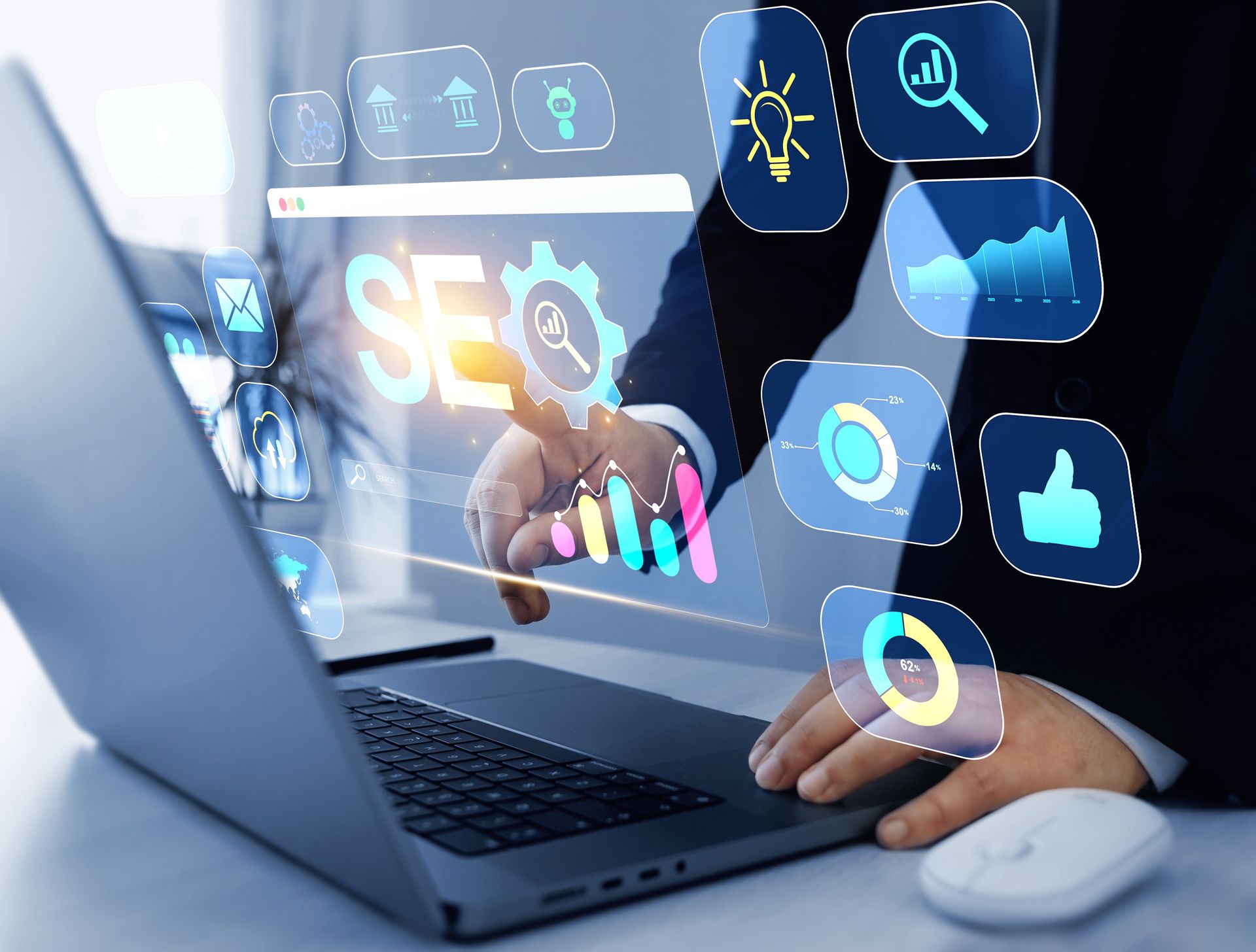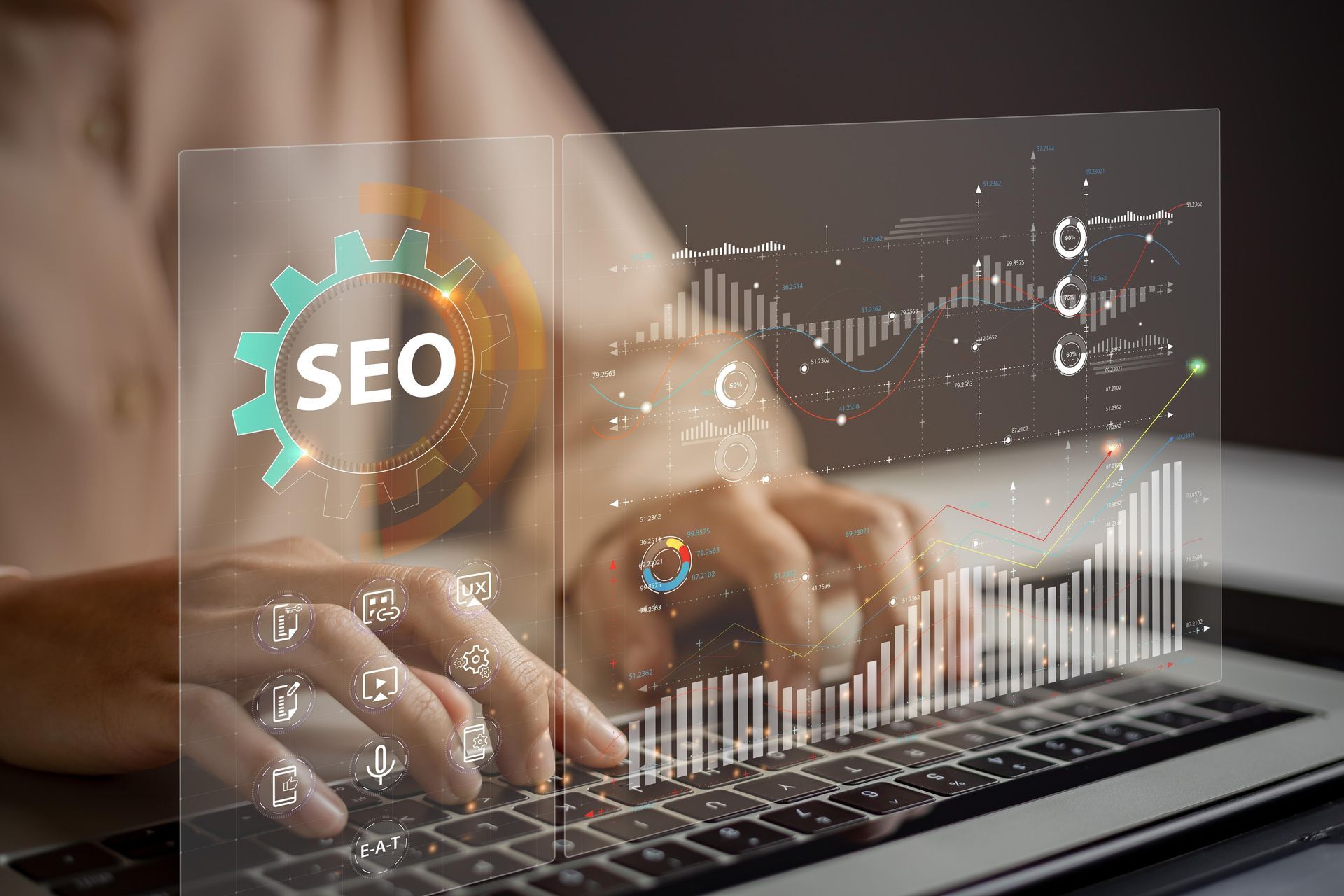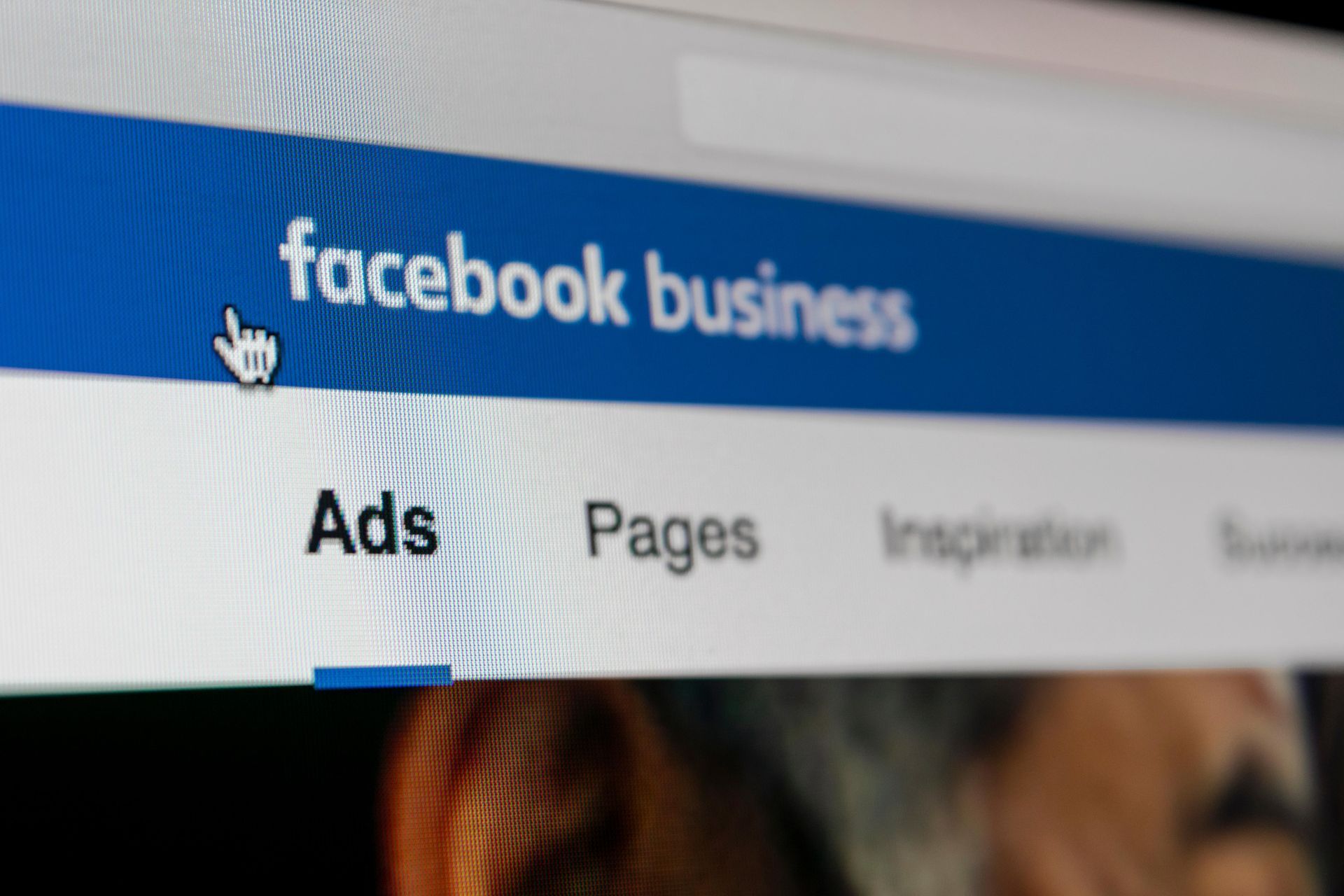AI Revolutionizes SEO
Discover how AI-driven tools are transforming digital marketing by speeding up SEO processes, driving top rankings and conversions in record time.

Artificial Intelligence (AI) has dramatically reshaped the landscape of digital marketing, particularly in the field of search engine optimization (SEO). Traditionally, SEO was a long, labor-intensive process that could take months—sometimes even over a year—to yield tangible results. However, the integration of AI-driven tools has significantly reduced the time needed to rank websites and achieve measurable success in digital campaigns, making SEO faster, smarter, and more efficient than ever before.
AI’s Role in Speeding Up SEO
Historically, SEO involved time-consuming tasks such as manual keyword research, backlink building, and content creation, followed by months of waiting for search engines to index and rank the content. AI has changed this process by automating many of these steps, using vast amounts of data to produce insights that would otherwise require weeks or months to uncover.
AI-driven tools can analyze trends, user behavior, and competitors in real-time, offering instant feedback on what works and what doesn’t. This allows marketers to pivot their strategies rapidly, testing new keywords, adjusting content, and optimizing pages on the fly. As a result, the time it takes to reach the top of Google’s search results can be drastically shortened, sometimes within just a few weeks rather than the typical 6 to 12 months.
AI-Powered Content Creation and Optimization
One of the biggest advancements AI brings to digital marketing is its ability to generate and optimize content. AI tools can now scan entire industries to find the most relevant and high-traffic keywords, create SEO-optimized content around those terms, and even adjust it in real-time based on performance metrics. These tools also ensure that the content meets search engine standards from the outset, eliminating the guesswork that often accompanies traditional content creation.
Furthermore, AI can handle the scalability challenges that human teams face. While it may take a content team weeks to create optimized landing pages for multiple services or locations, AI can do it within hours, creating hundreds of keyword-rich pages designed to rank for specific searches. This level of scalability accelerates the SEO process, pushing websites higher up in search results faster than ever before.
Automation of Technical SEO
Another critical area where AI is making a massive impact is in the automation of technical SEO. From crawling websites to detect issues like broken links, slow loading times, or poor mobile compatibility, AI tools can quickly identify problems that may hinder a site’s ability to rank well. They can then prioritize fixes and even implement changes automatically in some cases, streamlining the process of site optimization.
In addition to improving site structure, AI is also being used to enhance backlinking strategies. By analyzing competitor sites and identifying high-quality backlink opportunities, AI tools can automate outreach and generate valuable backlinks faster than traditional methods. This not only speeds up the process of building domain authority but also ensures the backlinks are relevant and beneficial.
Local SEO and Hyper-Targeting
AI has also brought about significant improvements in local SEO, particularly through geo-targeting and localized traffic generation. AI tools can now target users within specific geographic areas and drive local engagement with precision. They analyze user behavior and search patterns within specific regions, tailoring content and engagement strategies that resonate with local audiences. This ability to hyper-target potential customers means businesses can achieve better results from their local SEO efforts in a much shorter timeframe.
AI for Lead Generation and Conversion
Beyond ranking, AI tools are playing an increasingly important role in lead generation and conversion. AI-driven lead capture technologies can identify anonymous website visitors, capturing their contact information and enabling businesses to follow up with tailored marketing efforts. These tools also help marketers identify high-intent users based on their online behavior, signaling when someone is actively searching for specific products or services. This allows businesses to engage potential customers before competitors, increasing the likelihood of converting leads into sales.
The Future of Digital Marketing Efficiency
The integration of AI into digital marketing services is not just about faster results; it’s also about achieving better outcomes with less effort. AI tools continuously learn and adapt, making them more efficient over time. As they gather more data, they become better at predicting what strategies will work best for specific industries, geographies, or target audiences, allowing for hyper-personalized marketing campaigns that deliver more ROI.
In a competitive digital landscape, where speed and precision are critical to success, AI-powered SEO and digital marketing tools provide a significant edge. Businesses that adopt these tools can not only expect to see faster results but also experience more efficient and effective marketing processes, driving growth in a fraction of the time compared to traditional methods. As AI continues to evolve, its role in digital marketing will only become more indispensable, revolutionizing the way businesses reach and engage their audiences.
Our Experts are Ready to Help!
Connect with one of our Local Experts today and discuss your requirements. Free advice.
Winning Website - Form
We will get back to you as soon as possible.
Please try again later.
Blazehub Media
1314 E Las Olas Blvd Unit #2632 Ft Lauderdale, FL 33301
BlazeHub Media


